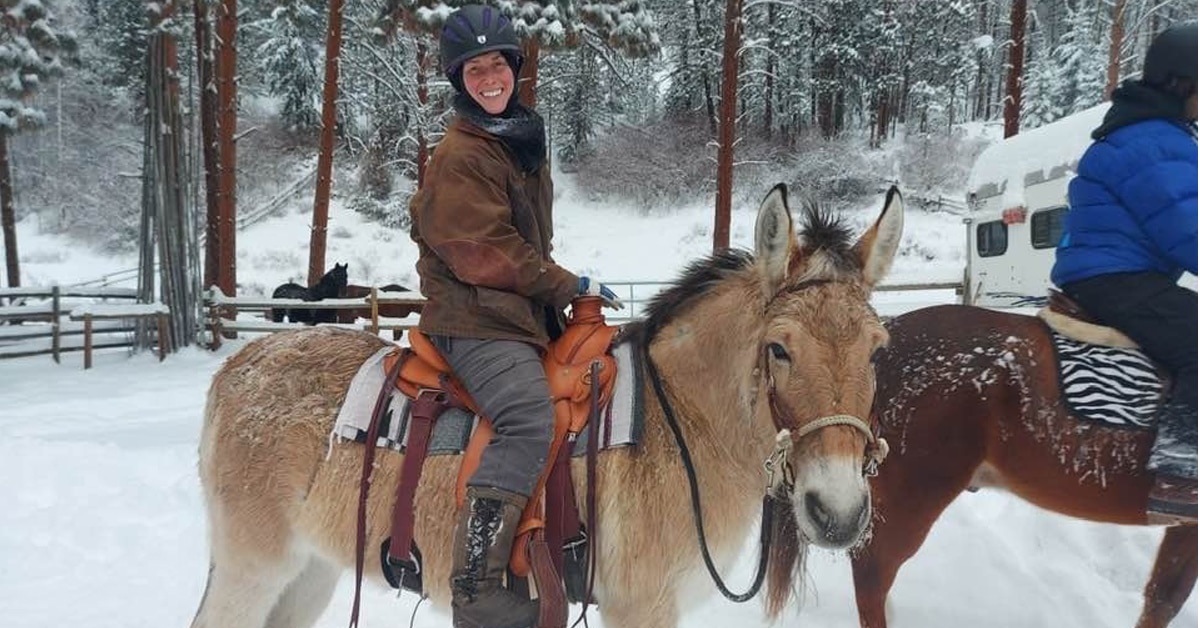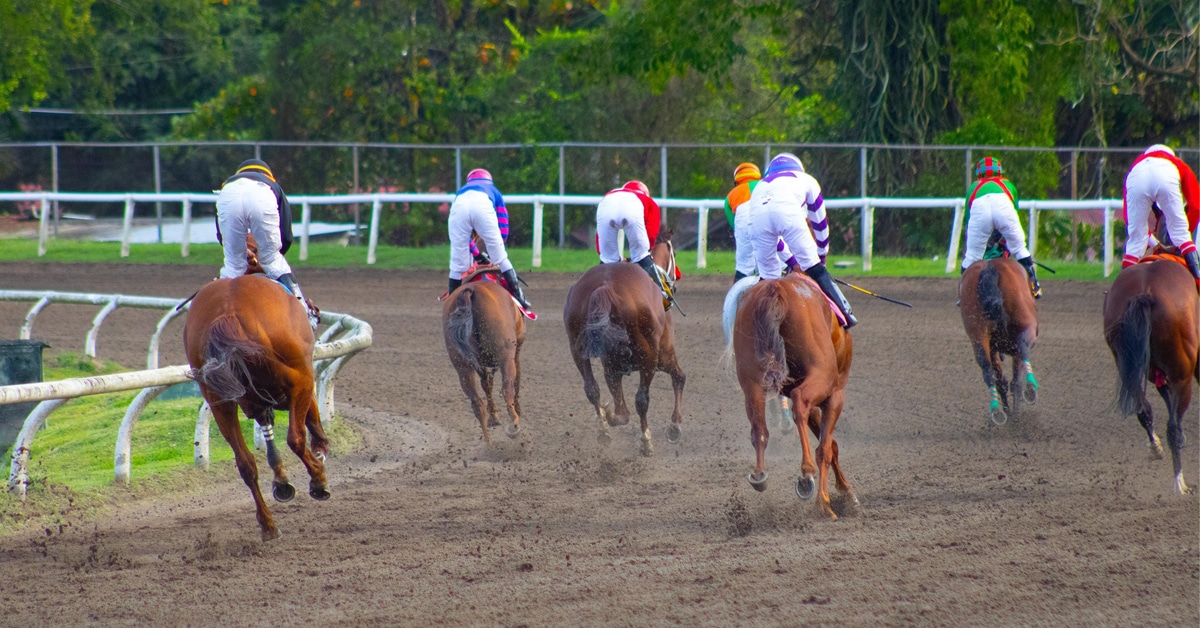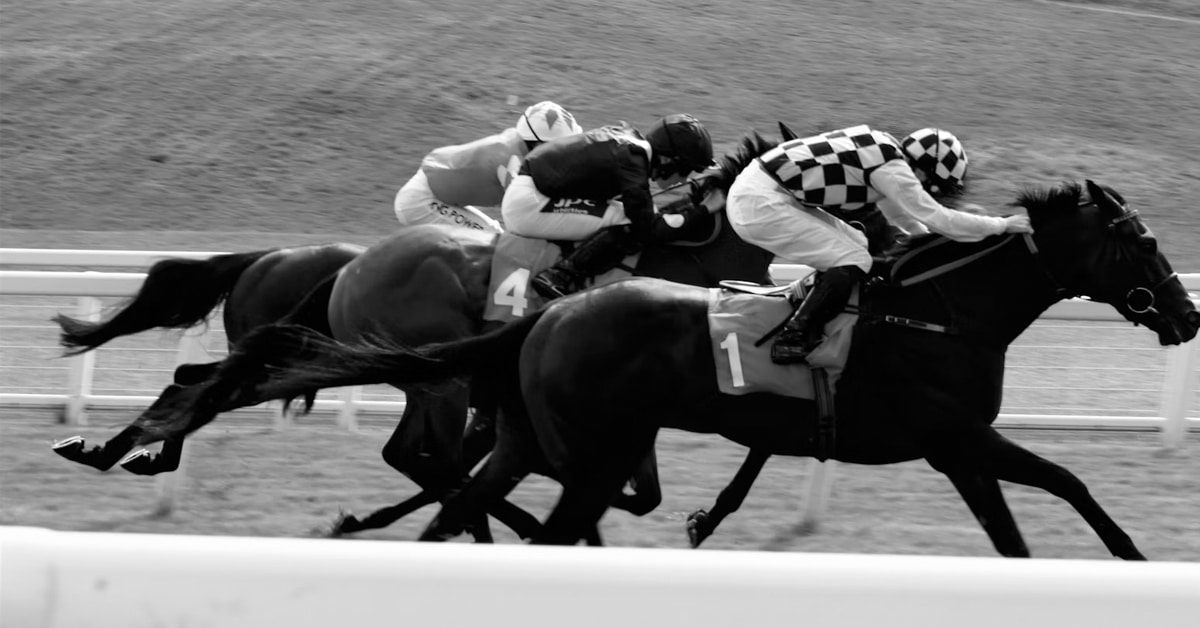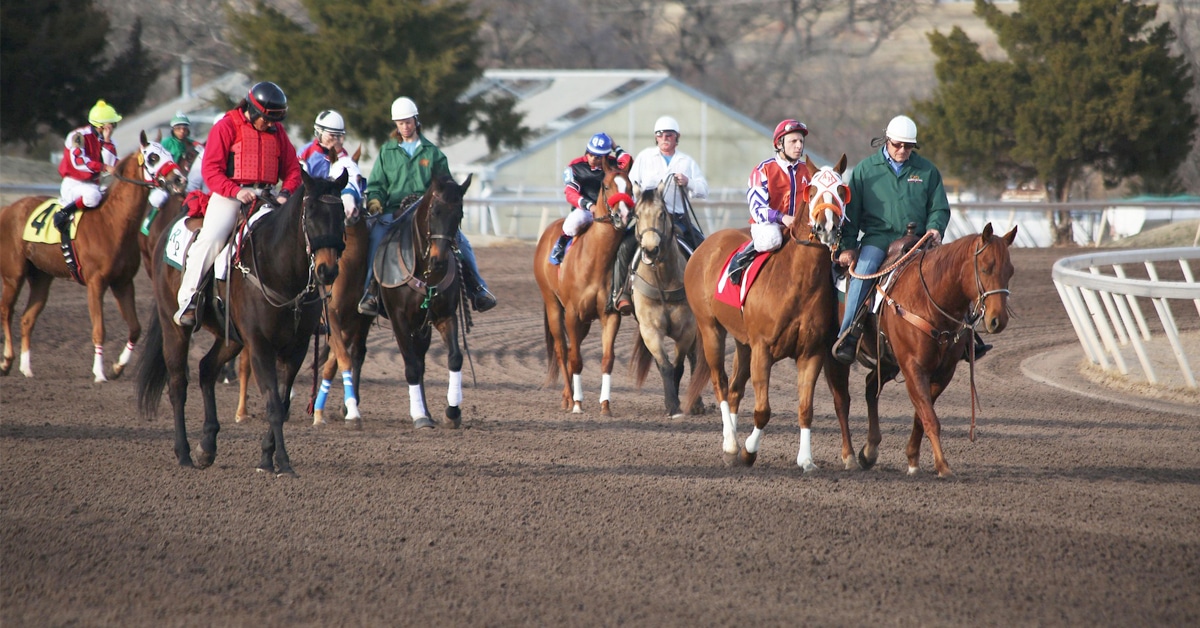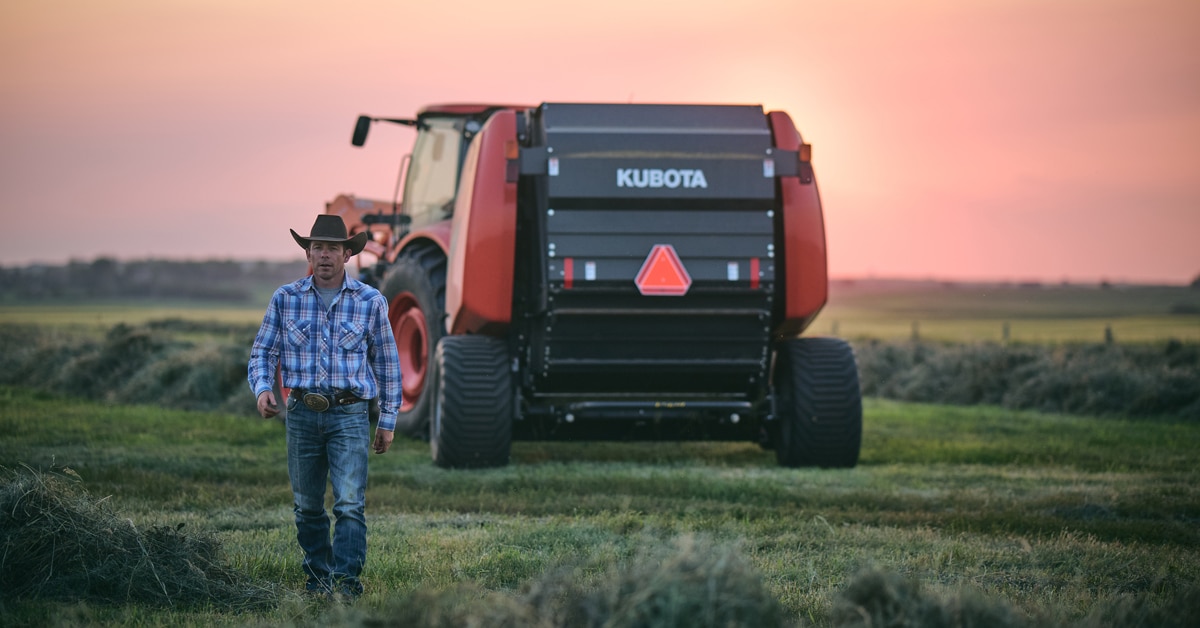We all love our horses, dogs and cats, and when they pass away it is heartbreaking. The cloning of beloved pets has been in the news recently. Global star Barbra Streisand made headlines in 2018 when she told Variety that two of her three Coton de Tulear dogs were clones ‒ at a cost of $50,000 per pup.
In the horse world cloning isn’t new; the first horse was cloned in 2003 and famous show jumper Gem Twist is one of the cloned equines. In 2016, six cloned polo ponies won the Argentinian Open with polo star Adolfo Cambiaso on board.
Even the International Federation for Equestrian Sports (FEI) lifted a ban in 2013. “The performance of a cloned horse is unlikely to match that of the original horse for a number of reasons, including the maternal uterine environment, nutrition, training, and the understanding that clones are not exactly the same as the original,” explained Göran Akerström, FEI veterinary director. “Additionally, as progeny of cloned horses will be produced by conventional reproductive methods, such as natural covering or artificial insemination, maintaining fair play is protected. The FEI will therefore not forbid participation of clones or their progenies in FEI competitions.”
South of the border, the American Quarter Horse Association bans cloned Quarter Horses from its breed association and even won a lawsuit in 2015 that sought to overturn the ban.
Yet despite these challenges and ethical questions, cloning is still a thing. And an expensive one.
A company in Texas called Viagen Pets recently cloned Topofthemarket, a famous rodeo horse nicknamed Topper, who had passed away unexpectedly at the age of 25 after being hit by a truck after he escaped his pasture. But, says Viagen company representative Melaine Rodriguez, his owners “had the foresight to preserve his DNA.”
Watch the video news report here.
Rodriguez tells a local news station that she has a cloned Bengal cat. She explains that owners take the pet or horse to a veterinarian who performs a small biopsy, which is then sent to a lab. “We preserve the DNA through the genetic preservation, you’re not obligated to clone — that gives you the option at any point in the future,” said Rodriguez.
Before you decide to go the clone route to produce a doppelgänger of your beloved hunter, know it isn’t cheap, and likely only those with Streisand’s bank balance can afford it. According the press report, Viagen charges $35,000 for a kitty clone, $50,000 for a dog and a whopping $85,000 for a horse. And heed the FEI’s wording that while the animal is genetically identical, there is no guarantee, and in fact science says otherwise, that he or she will behave like, or be as successful as, the original.
For more about equine clones, read:
Genetically Modified Super Horses.
Legal: To Clone or Not to Clone?
The Latest

